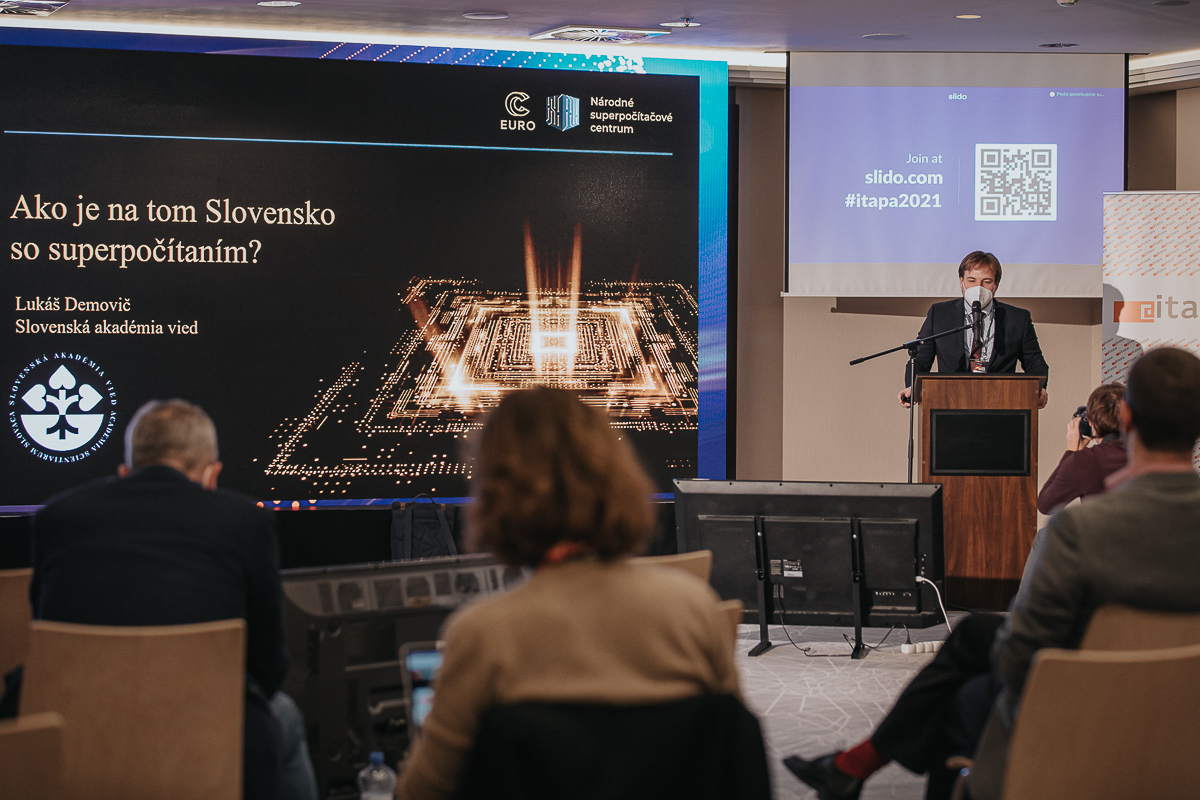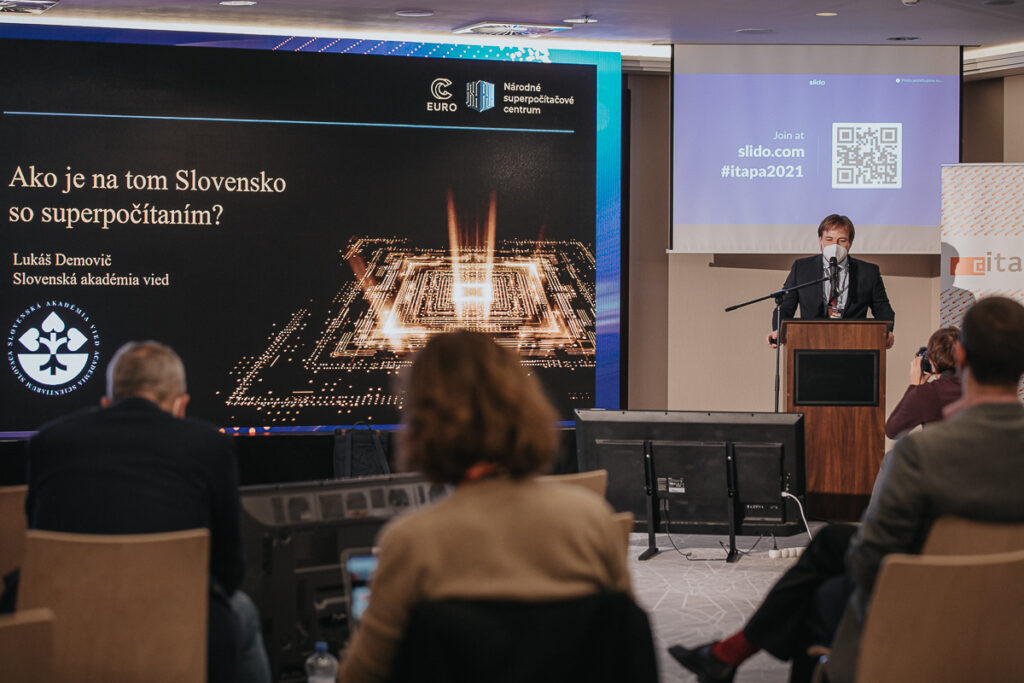NCC Slovakia at the ITAPA 2021 congress
On November 9th, 2021 the second day of the ITAPA congress took place featuring several contributions focused on high-performance computing as an important tool for enabling innovations, ensuring the competitiveness of economies as well as for supporting security and scientific research. The Slovak National Competence Centre for HPC in collaboration with the congress organizers invited Mr. Gustav Kalbe as one of the keynote speakers. As a representative of the EuroHPC JU he covered this topic from the global and European point of view.
The following panel discussion, organized with the support of the NCC, highlighted the situation in HPC in Slovakia. Lukáš Demovič, who is the director of the Centre of Operations, Slovak Academy of Sciences - an institution operating the only publicly available HPC infrastructure – spoke about the current possibilities, ongoing projects and ambitious plans for significant expansion of computational capacities in Slovakia. The importance of investments and support of this field was stressed also by other speakers. Prof. Ivan Štich, who is active within the TREX CoEshowed use cases of 2D materials modelling using the QMC method,, which is, thanks to it’s robustness and scalability, especially suited for utilizing the coming exascale systems. Prof. Mária Bieliková from the Kempelen institute of intelligent technologies introduced a newly developed large neural language model for Slovak. She also mentioned the aspect of large energy consumption that comes with many AI applications and models together with the strategies scientists employ to mitigate this problem. Jozef Vivoda described models for numerical weather forecasting, employed and (co)developed at the Slovak hydrometeorological institutetheir level of precision as well as computational demands. Robert Cisár from the Tachyum company and Luboš Kolář from HPE took part in the discussion as representatives from the private sector.
All speakers agreed on the necessity of investing into HPC technologies at the national level and the importance of supporting the whole ecosystem at the same time. The lack of concept on the state level and the lengthy and disproportionately complicated process of public procurement were identified as main problems when planning and purchasing new supercomputers. The National competence centre is focusing it’s efforts primarily on building the supporting ecosystem and raising the adoption of HPC tools and connected technologies across all sectors. Without an available HPC infrastructure, however, this task remains a challenge.
Speakers' presentations:
How is Slovakia doing with supercomputing? – Lukáš Demovič.
HPC and numeric weather forecast in Slovakia -Jozef Vivoda.
Who can afford artificial intelligence today? – Mária Bieliková.
Is a supercomputer suitable only for science? – Robert Cisár.
2D semiconductor modeling by exascale computing methods – Ivan Štich.
The supercomputer is not just about computing power – Luboš Kolář.
Why do we need supercomputers? Discussion.
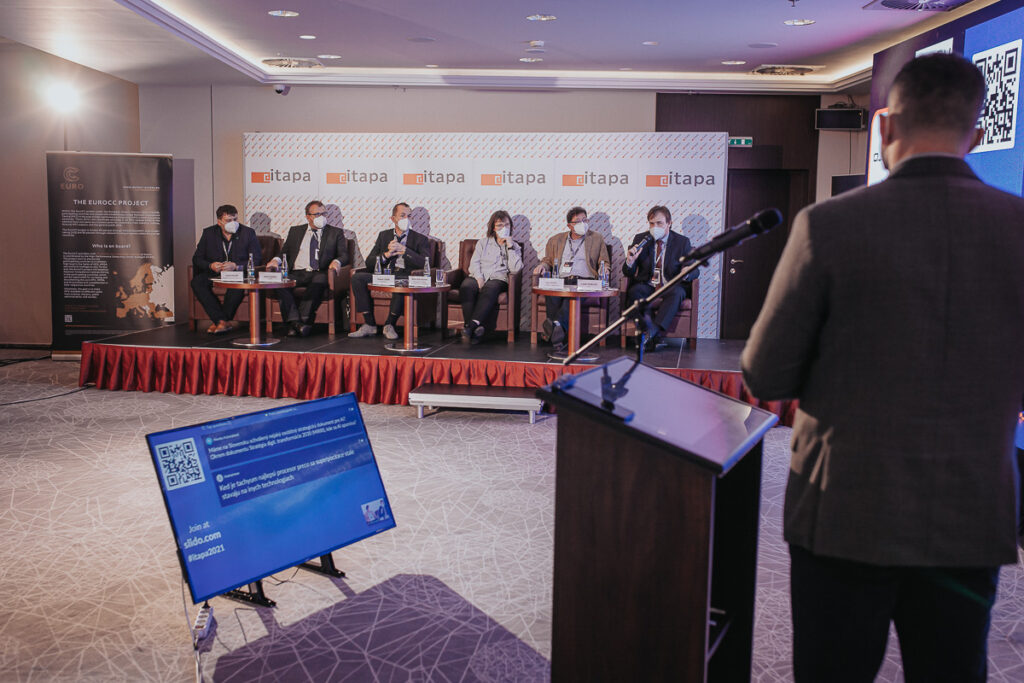
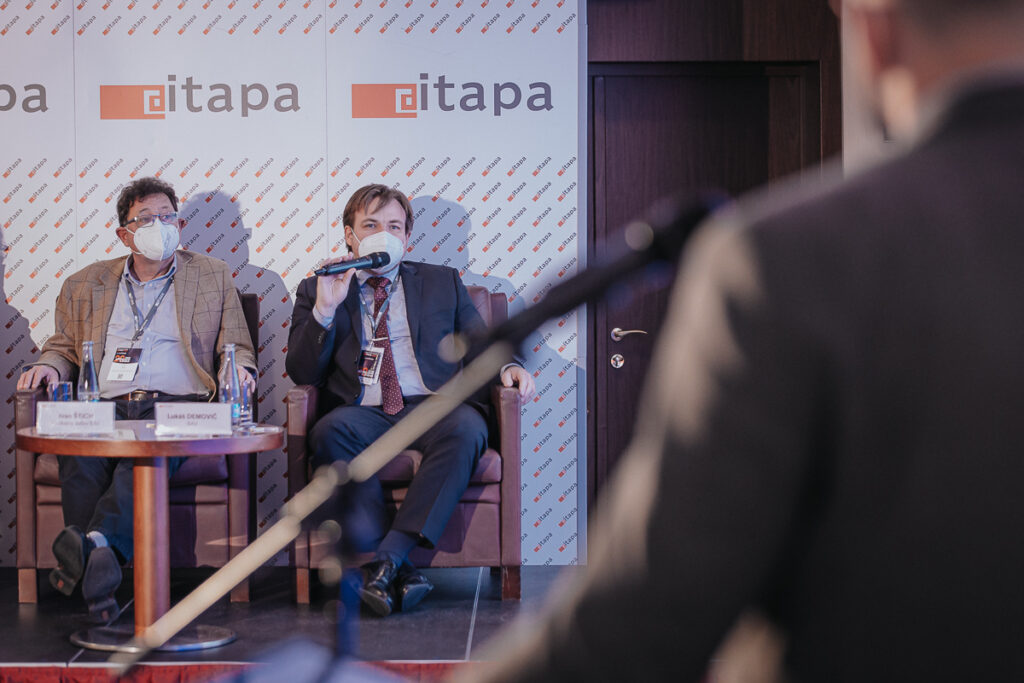
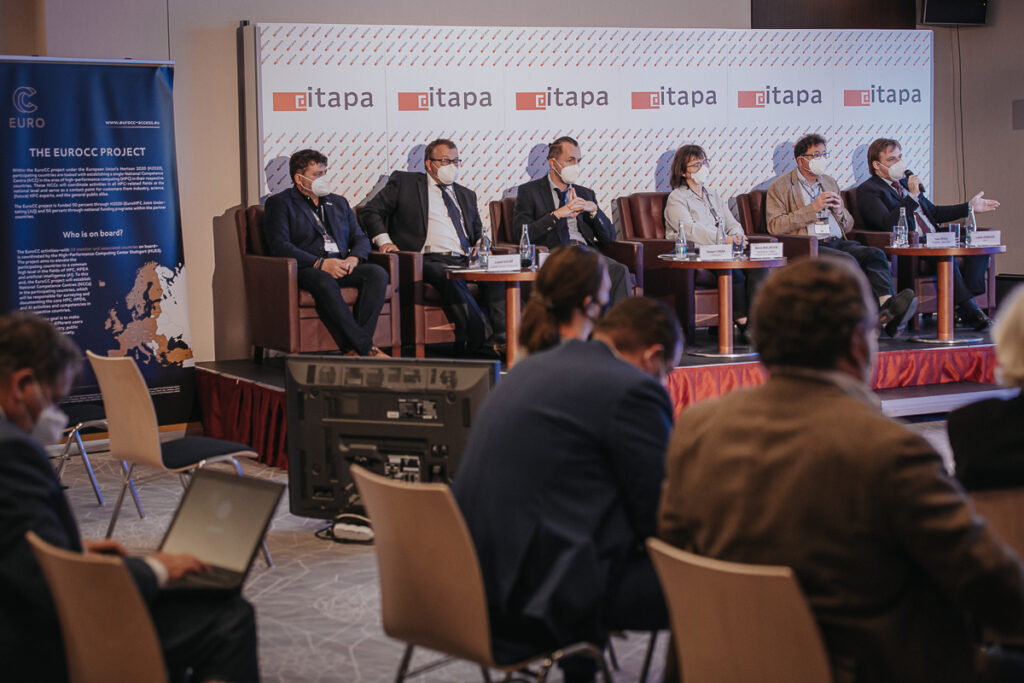
 BeeGFS in Practice — Parallel File Systems for HPC, AI and Data-Intensive Workloads 6 Feb - This webinar introduces BeeGFS, a leading parallel file system designed to support demanding HPC, AI, and data-intensive workloads. Experts from ThinkParQ will explain how parallel file systems work, how BeeGFS is architected, and how it is used in practice across academic, research, and industrial environments.
BeeGFS in Practice — Parallel File Systems for HPC, AI and Data-Intensive Workloads 6 Feb - This webinar introduces BeeGFS, a leading parallel file system designed to support demanding HPC, AI, and data-intensive workloads. Experts from ThinkParQ will explain how parallel file systems work, how BeeGFS is architected, and how it is used in practice across academic, research, and industrial environments.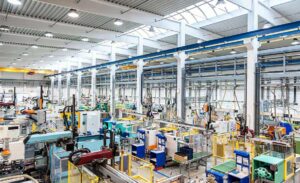 When a production line knows what will happen in 10 minutes 5 Feb - Every disruption on a production line creates stress. Machines stop, people wait, production slows down, and decisions must be made under pressure. In the food industry—especially in the production of filled pasta products, where the process follows a strictly sequential set of technological steps—one unexpected issue at the end of the line can bring the entire production flow to a halt. But what if the production line could warn in advance that a problem will occur in a few minutes? Or help decide, already during a shift, whether it still makes sense to plan packaging later the same day? These were exactly the questions that stood at the beginning of a research collaboration that brought together industrial data, artificial intelligence, and supercomputing power.
When a production line knows what will happen in 10 minutes 5 Feb - Every disruption on a production line creates stress. Machines stop, people wait, production slows down, and decisions must be made under pressure. In the food industry—especially in the production of filled pasta products, where the process follows a strictly sequential set of technological steps—one unexpected issue at the end of the line can bring the entire production flow to a halt. But what if the production line could warn in advance that a problem will occur in a few minutes? Or help decide, already during a shift, whether it still makes sense to plan packaging later the same day? These were exactly the questions that stood at the beginning of a research collaboration that brought together industrial data, artificial intelligence, and supercomputing power. Who Owns AI Inside an Organisation? — Operational Responsibility 5 Feb - This webinar focuses on how organisations can define clear operational responsibility and ownership of AI systems in a proportionate and workable way. Drawing on hands-on experience in data protection, AI governance, and compliance, Petra Fernandes will explore governance approaches that work in practice for both SMEs and larger organisations. The session will highlight internal processes that help organisations stay in control of their AI systems over time, without creating unnecessary administrative burden.
Who Owns AI Inside an Organisation? — Operational Responsibility 5 Feb - This webinar focuses on how organisations can define clear operational responsibility and ownership of AI systems in a proportionate and workable way. Drawing on hands-on experience in data protection, AI governance, and compliance, Petra Fernandes will explore governance approaches that work in practice for both SMEs and larger organisations. The session will highlight internal processes that help organisations stay in control of their AI systems over time, without creating unnecessary administrative burden.
